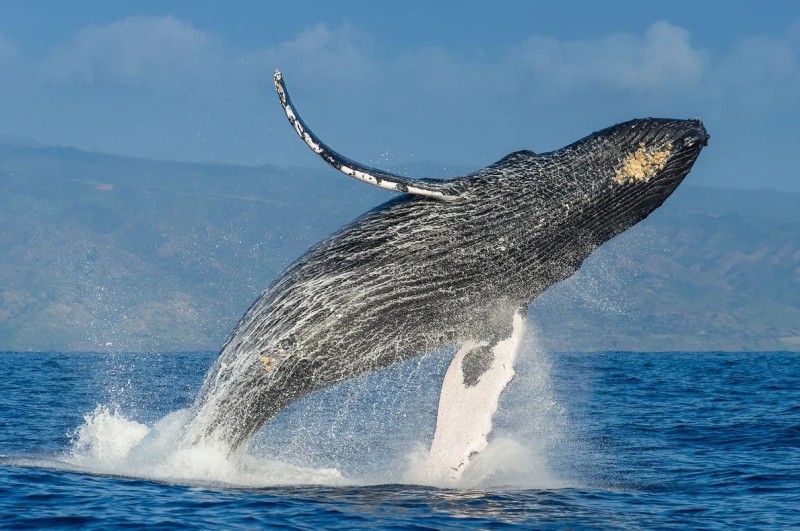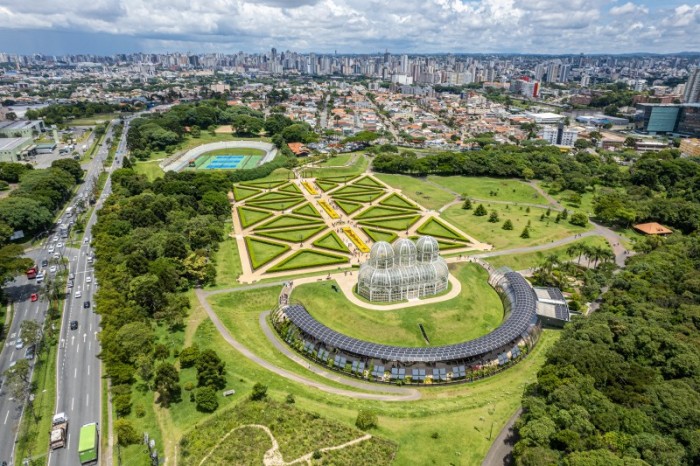Cuba is establishing itself as a major player in sustainable tourism, fully integrating sustainability into its tourism development strategy. With a clear commitment to preserving biodiversity, promoting the local economy and respecting local cultures, Cuba is making sustainable tourism a pillar of its future.
A stronger commitment at national level
During the celebration of the latest Día Mundial del Turismo, Manuel Marrero Cruz, Prime Minister of Cuba, reiterated the nation’s commitment to promoting environmentally-friendly tourism that benefits both local cultures and communities. In his view, the essence of sustainable tourism lies in peace, mutual respect and shared development. This year’s theme, “Turismo y Paz”, focused on the role of tourism as a vehicle for intercultural understanding and world peace, confirming Cuba’s commitment to upholding its social and environmental values.
In 2024, Cuba welcomed more than 1.46 million international visitors in the first seven months of the year, showing very encouraging signs of recovery from the pandemic. The main source markets include Canada, the Cuban community abroad, the United States, Russia, Germany and Mexico. This increase in visitor numbers is accompanied by an ambitious policy to promote sustainable tourism in all its dimensions.
Tarea Vida: Long-term sustainability strategy
Cuba is following a structured approach to sustainability through its State Plan for Adaptation to Climate Change, known as Tarea Vida. This plan is at the heart of the sustainable tourism development strategy, and integrates the protection of ecosystems and the conservation of natural resources within the framework of economic development.
The Ministry of Tourism works in partnership with national and international bodies to align Cuban tourism initiatives with the Sustainable Development Goals (SDGs) of the 2030 Agenda. Tourism is primarily linked to two SDGs: the first aims to encourage inclusive and sustainable economic growth, and the second focuses on responsible consumption and production practices.
Initiatives include the establishment of special zones dedicated to sustainable tourism development, investment in beach conservation, and the promotion of renewable energy. The emphasis is on preserving the natural environment while ensuring long-term economic viability, notably through the creation of micro, small and medium-sized enterprises (mipymes), which have been approved since 2021.
Promoting Responsible Tourism
In an effort to reduce its ecological footprint, the Cuban government has also adopted measures aimed at minimising waste, optimising energy and water consumption, and favouring small local hotels over large international chains. These actions promote environmentally-friendly tourism and ensure that the industry benefits local communities without compromising the island’s natural beauty.
At the same time, efforts are being made to enhance the cultural and natural heritage through concrete initiatives such as the creation of recreational parks and the restoration of sites of heritage interest.
Cuba is now recognised for its ability to combine tourist appeal with a commitment to preserving the environment, while promoting tourism that respects local populations. With this ambitious policy, the country is reaffirming its commitment to developing tourism that benefits visitors and locals alike, while preserving its natural resources for future generations. The Cuban authorities are dedicated to making tourism an industry that respects the environment, without pollution, and to creating an environment conducive to well-being and peace. Their commitment makes them a key player in sustainable development in the Caribbean region, inspiring other destinations to follow suit.







